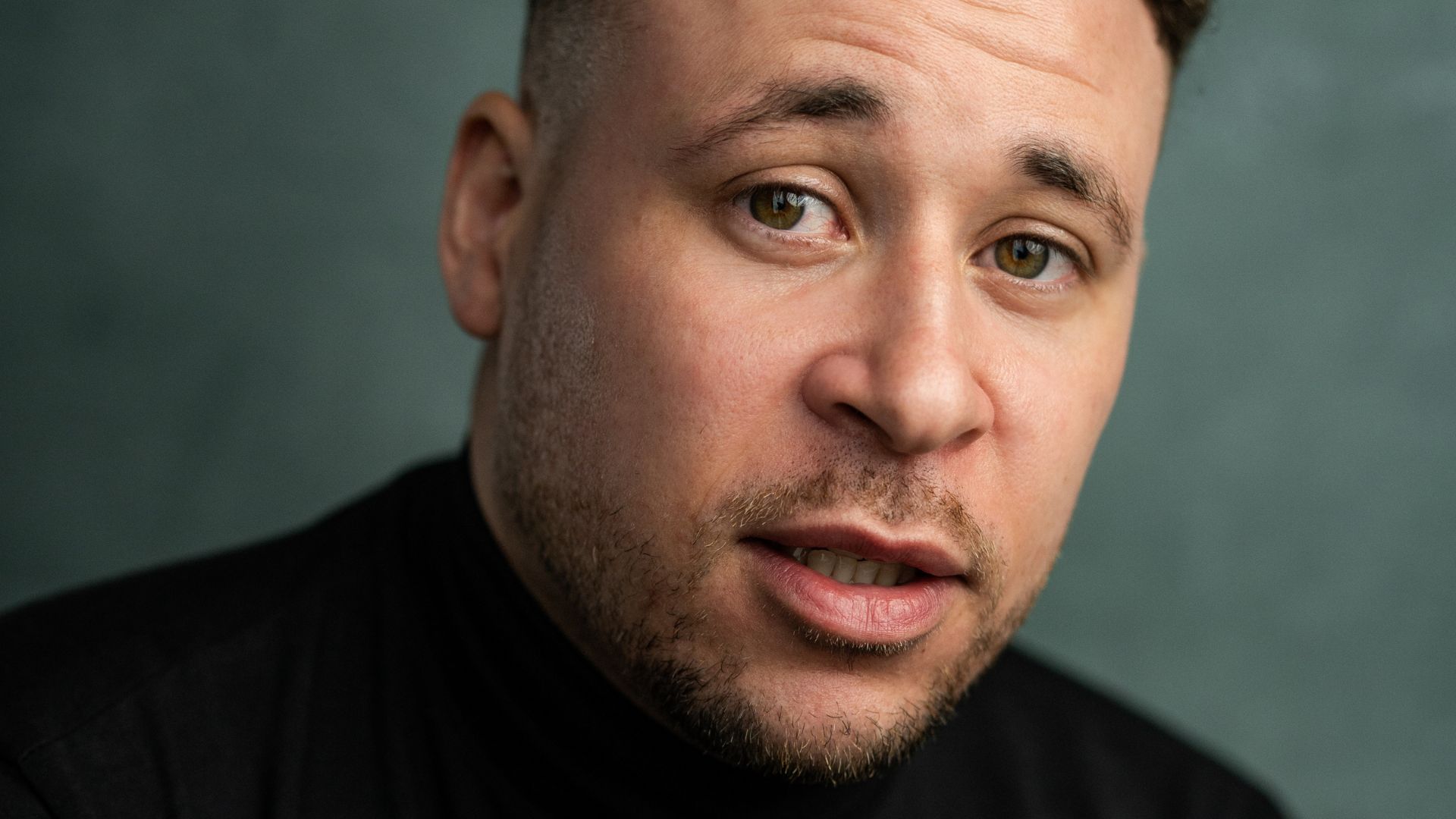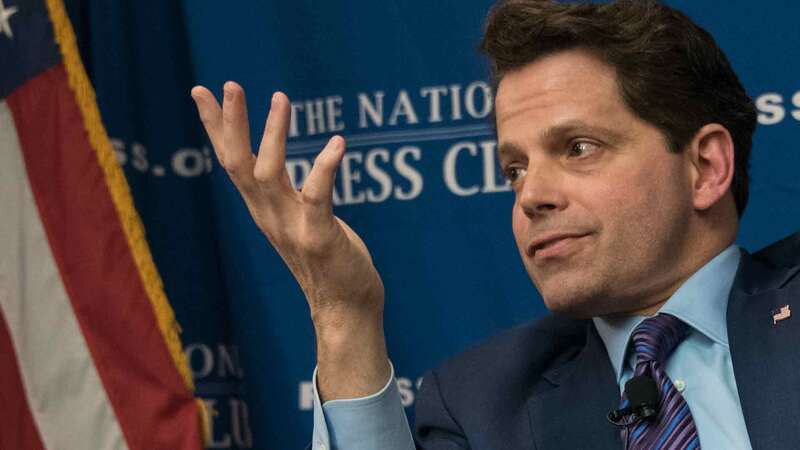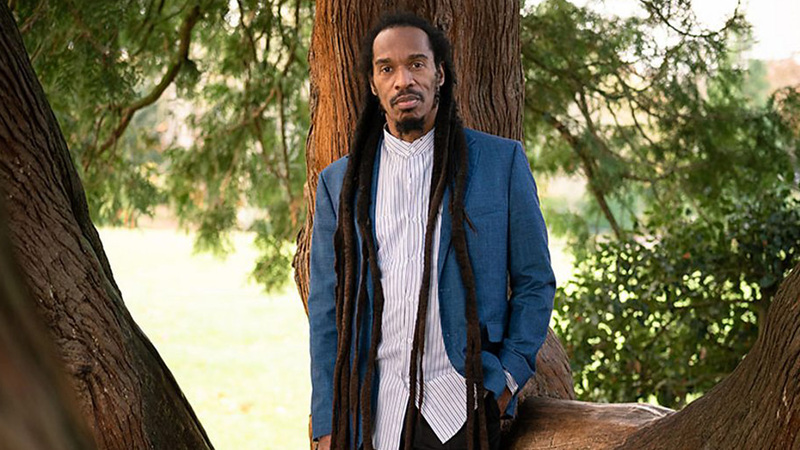You are viewing your 1 free article this month. Login to read more articles.
Allen, Buchaillard and Smith-Barton to take part in Hay's Writers at Work programme
Connor Allen, Sophie Buchaillard and Emma Smith-Barton are among 10 writers chosen for this year’s Writers at Work creative development programme for emerging Welsh talent at Hay Festival.
The scheme is supported by Literature Wales and funded by Arts Council of Wales and offers a fully-programmed week of creative development opportunities at the festival (which runs 25th May until 4th June) where the selected writers can attend masterclasses and workshops with publishers, agents and, crucially, with established international artists.
Participants to date have achieved a spread of award wins and shortlistings, including the International Dylan Thomas Prize, Wales Book of the Year, The New Welsh Writing Award, the Wasafiri New Writing Prize, Wales Media Award, Welsh Rising Star Award and Creative Wales Award.
Allen is the Children’s Laureate Wales (2021-2023), while Buchaillard is the author of This Is not who we Are (Seren Books, 2022). Smith-Barton’s debut YA novel, The Million Pieces of Neena Gill, was published by Penguin Random House and shortlisted for the Waterstones Children’s Book Award.
This year’s cohort also includes Brennig Davies, Nia Davies, Gwenllian Ellis, Louise Mumford, Taz Rahman, Francesca Reece and Anthony Shapland.
Hay Festival c.e.o. Julie Finch said: “Hay Festival is a convener of writers, readers and creative opportunities. As one of Wales’ largest cultural institutions we are proud of our Welsh roots and take our responsibility to the cultural landscape of Wales seriously.
"We are delighted to bring 10 invigorating Writers at Work to this year’s festival, with a brand new format to meet the challenges Wales’ emerging creatives face today, guarding and growing our creative impact for the future.”
Literature Wales artistic director Leusa Llewelyn said: “It’s a pleasure to be working with Hay Festival again on this important writer development programme. It has nurtured and inspired so many great Welsh writers who are now firmly established within our literary culture. Previous programmes have led to the creation of new networks and collaborations that have played an important part in transforming Wales’ literature into a more representative, enterprising and forward-thinking artform.”



















